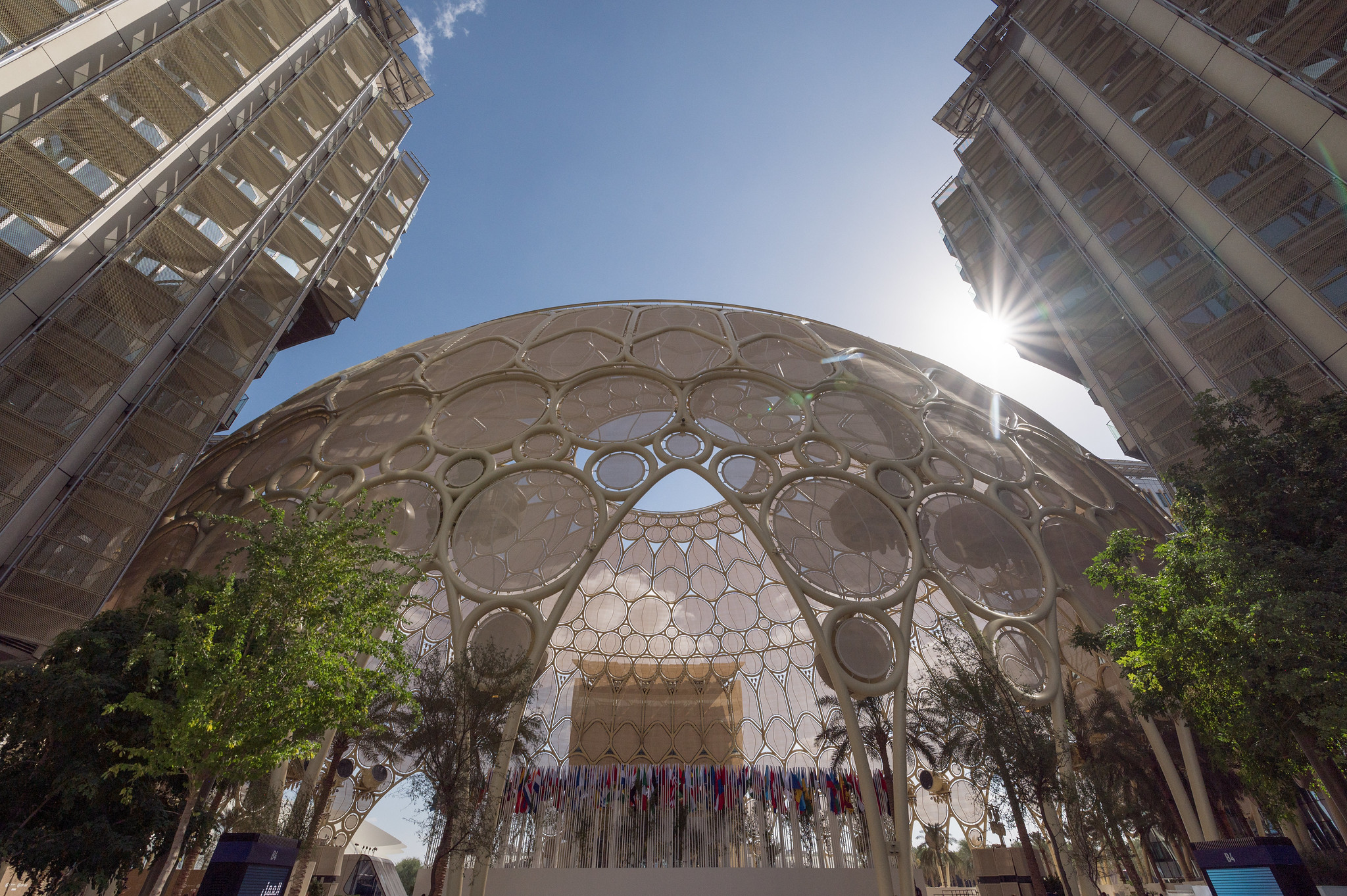Here in Syria, people’s capacity to cope will most likely be significantly reduced in months to come. Syria has been in crisis for the past twelve years. Now, continued inflation and other substantial challenges have made everyday life for Syrians almost impossible to bear.
After being here for seven years, I can see how humanitarian work has in one way or another, and perhaps indirectly, taken a dive into climate adaptation programming. Climate adaptation has become a vital turning point for many. Syrians already opt for eco-friendly solutions when going about their daily routines – without putting a label on it or knowing that it is part of reducing the world’s carbon footprint and adapting to climate change.
Syrians ride bicycles instead of driving cars, they install solar panels and establish home gardens. These are just some of the many activities that are more affordable, support many livelihoods, and use reliable resources.
The humanitarian response to climate change in Syria will soon feel a growing demand. One very successful way for the humanitarian community to engage in climate programming is to access adaptation funding to increase multi-purpose cash and in-kind assistance. This can protect livelihoods, reduce humanitarian needs, and strengthen people’s adaptive capacities and resilience.
We in the humanitarian sector must advocate for funding for disaster preparedness, early recovery and resilience-building activities to be part of climate-related adaptation, and we can do so with a unified voice at COP28. At the moment, we do not have clear information about donors and climate financing streams, let alone how local actors can access such funding.
Sara Savva is Deputy Director of Gopa-Derd, one of ACT’s newest members. She is also an ACT delegate at COP28 from December 7 to 12.
